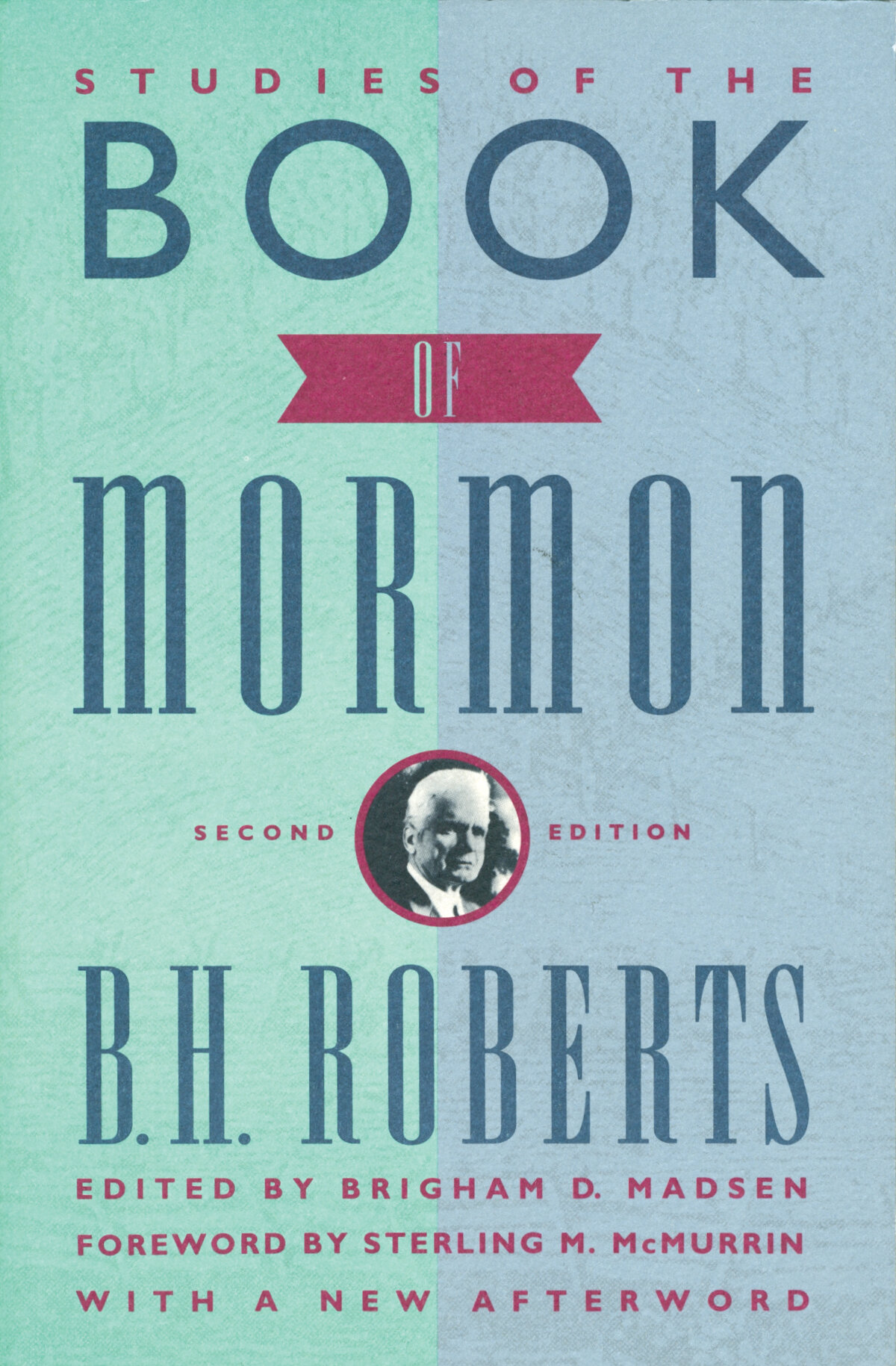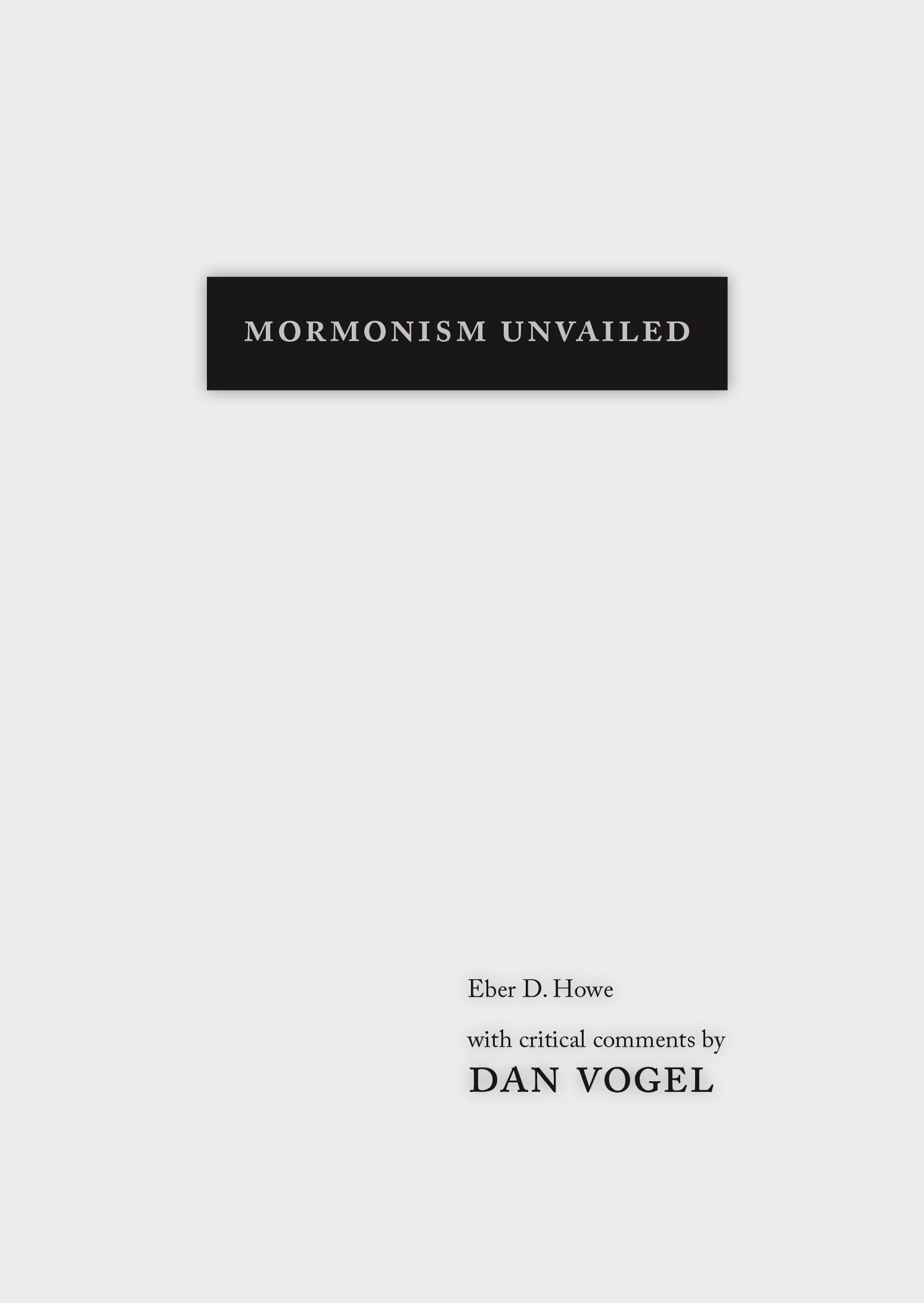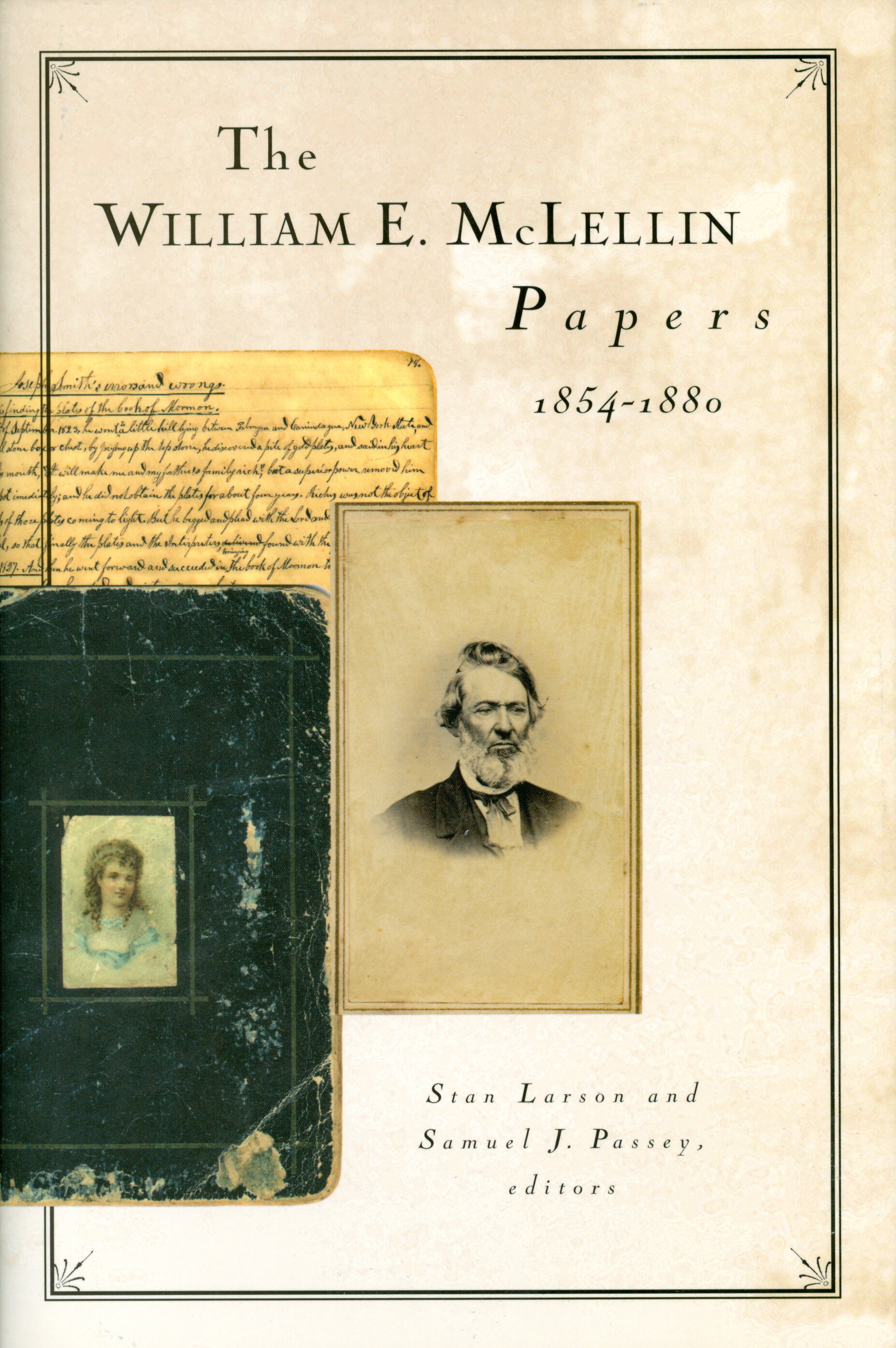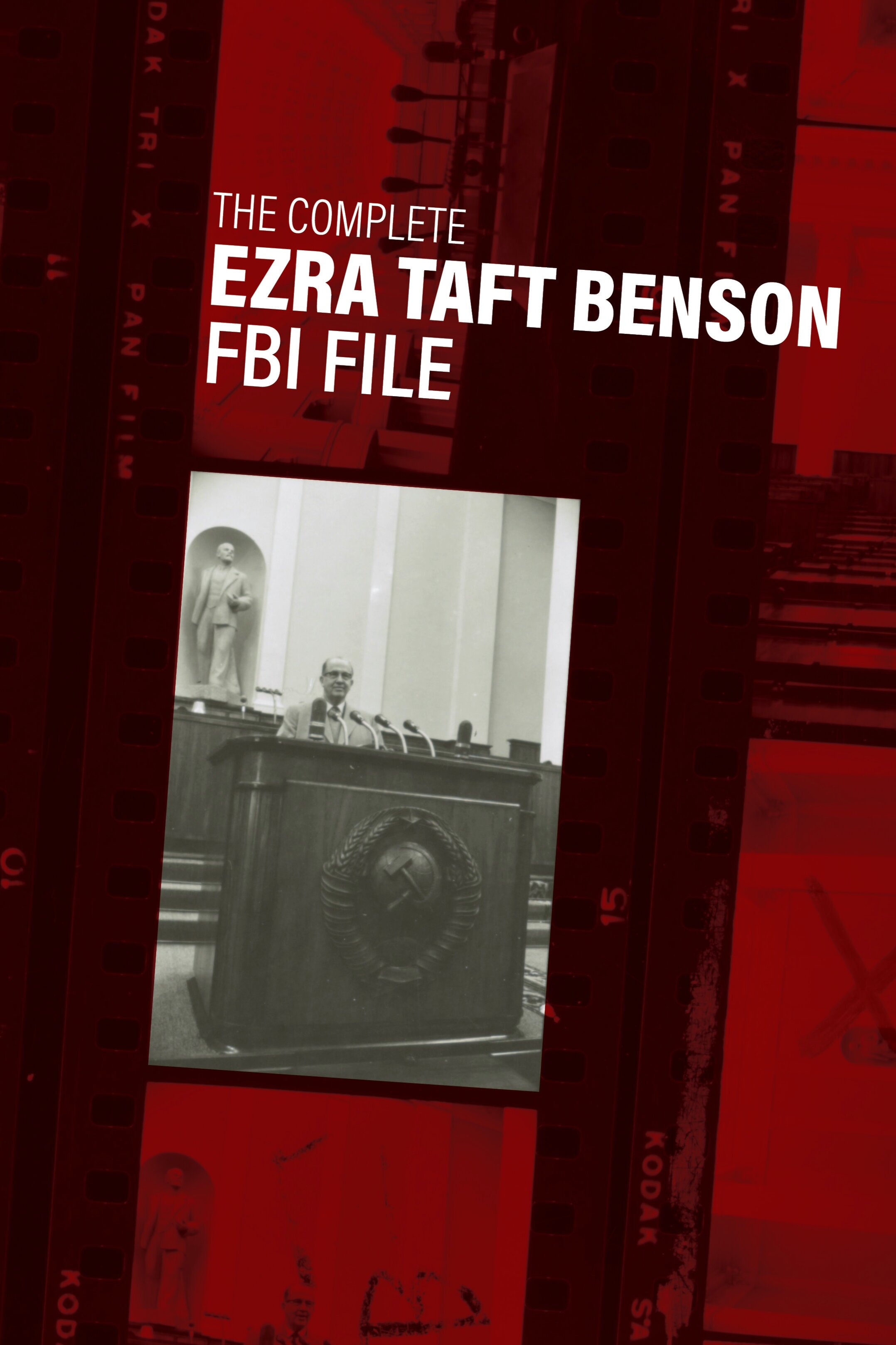Candid Insights of a Mormon Apostle
Candid Insights of a Mormon Apostle:
The Diaries of Abraham H. Cannon, 1889–1895
edited by Edward Leo Lyman
The Abraham H. Cannon diaries read like few others from the late nineteenth century. While many of Cannon’s colleagues were functionally literate, he had elegant handwriting, a beautiful way of expressing himself, and an eye for historically important details. Because of his position as an apostle in the LDS Church, his diaries are not only mannered but substantively important. Even mundane entries such as donating twenty dollars for “a plan of erecting a monument in this city to Brigham Young” and his attendance at meetings of the Bullion-Beck Mining Company are interesting. But his overview of the great issues, such as the 1890 Manifesto ending polygamy, and discussions (including prayer-circle narratives) at the lavish Gardo House, the temporary headquarters of the LDS Church in the 1880s–90s, are unrivaled.
Cannon died tragically when he was on his way to becoming one of the wealthiest men in Utah and—because he was ordained an apostle at age thirty—perhaps LDS president. He was noted for his unequivocal commitment to Mormonism. When arraigned before a judge who asked if three women were his wives, Cannon answered defiantly, “Yes they are, thank God!” for which he was sentenced to six months in prison. He later married a woman who had been his brother’s fiancée. After his brother died, his family and church convinced him to take the girl as a wife, apparently in California. Unfortunately he swam in the ocean during their trip and contracted an ear infection, from which he never recovered.
ebook: $9.99
Candid Insights of a Mormon Apostle:
The Diaries of Abraham H. Cannon, 1889–1895
edited by Edward Leo Lyman
The Abraham H. Cannon diaries read like few others from the late nineteenth century. While many of Cannon’s colleagues were functionally literate, he had elegant handwriting, a beautiful way of expressing himself, and an eye for historically important details. Because of his position as an apostle in the LDS Church, his diaries are not only mannered but substantively important. Even mundane entries such as donating twenty dollars for “a plan of erecting a monument in this city to Brigham Young” and his attendance at meetings of the Bullion-Beck Mining Company are interesting. But his overview of the great issues, such as the 1890 Manifesto ending polygamy, and discussions (including prayer-circle narratives) at the lavish Gardo House, the temporary headquarters of the LDS Church in the 1880s–90s, are unrivaled.
Cannon died tragically when he was on his way to becoming one of the wealthiest men in Utah and—because he was ordained an apostle at age thirty—perhaps LDS president. He was noted for his unequivocal commitment to Mormonism. When arraigned before a judge who asked if three women were his wives, Cannon answered defiantly, “Yes they are, thank God!” for which he was sentenced to six months in prison. He later married a woman who had been his brother’s fiancée. After his brother died, his family and church convinced him to take the girl as a wife, apparently in California. Unfortunately he swam in the ocean during their trip and contracted an ear infection, from which he never recovered.
ebook: $9.99
Candid Insights of a Mormon Apostle:
The Diaries of Abraham H. Cannon, 1889–1895
edited by Edward Leo Lyman
The Abraham H. Cannon diaries read like few others from the late nineteenth century. While many of Cannon’s colleagues were functionally literate, he had elegant handwriting, a beautiful way of expressing himself, and an eye for historically important details. Because of his position as an apostle in the LDS Church, his diaries are not only mannered but substantively important. Even mundane entries such as donating twenty dollars for “a plan of erecting a monument in this city to Brigham Young” and his attendance at meetings of the Bullion-Beck Mining Company are interesting. But his overview of the great issues, such as the 1890 Manifesto ending polygamy, and discussions (including prayer-circle narratives) at the lavish Gardo House, the temporary headquarters of the LDS Church in the 1880s–90s, are unrivaled.
Cannon died tragically when he was on his way to becoming one of the wealthiest men in Utah and—because he was ordained an apostle at age thirty—perhaps LDS president. He was noted for his unequivocal commitment to Mormonism. When arraigned before a judge who asked if three women were his wives, Cannon answered defiantly, “Yes they are, thank God!” for which he was sentenced to six months in prison. He later married a woman who had been his brother’s fiancée. After his brother died, his family and church convinced him to take the girl as a wife, apparently in California. Unfortunately he swam in the ocean during their trip and contracted an ear infection, from which he never recovered.
ebook: $9.99
Edward Leo Lyman is a retired professor of history who taught at California Polytechnic University at Pomona; California State University at San Bernardino; and Victor Valley College in Victorville, California. He is the recipient of the Mormon History Association’s Leonard J. Arrington Award for Distinguished Service to Mormon History. He is the author of seven critically acclaimed books, among them Amasa Mason Lyman: Mormon Apostle and Apostate, Political Deliverance: The Mormon Quest for Utah Statehood, and San Bernardino: The Rise and Fall of a Mormon Community.
Documentary History, History
ISBN: 978-1-56085-210-0






